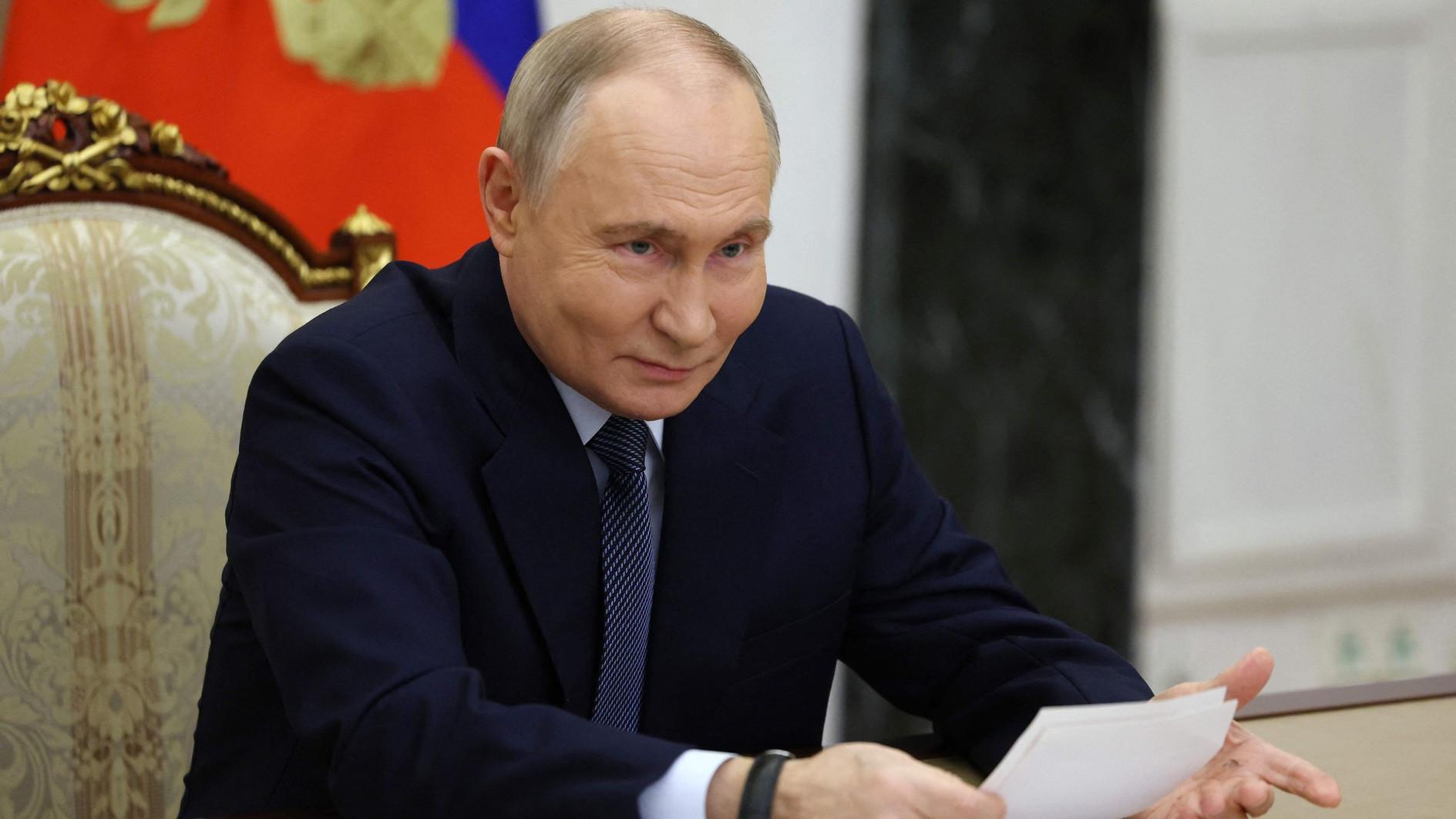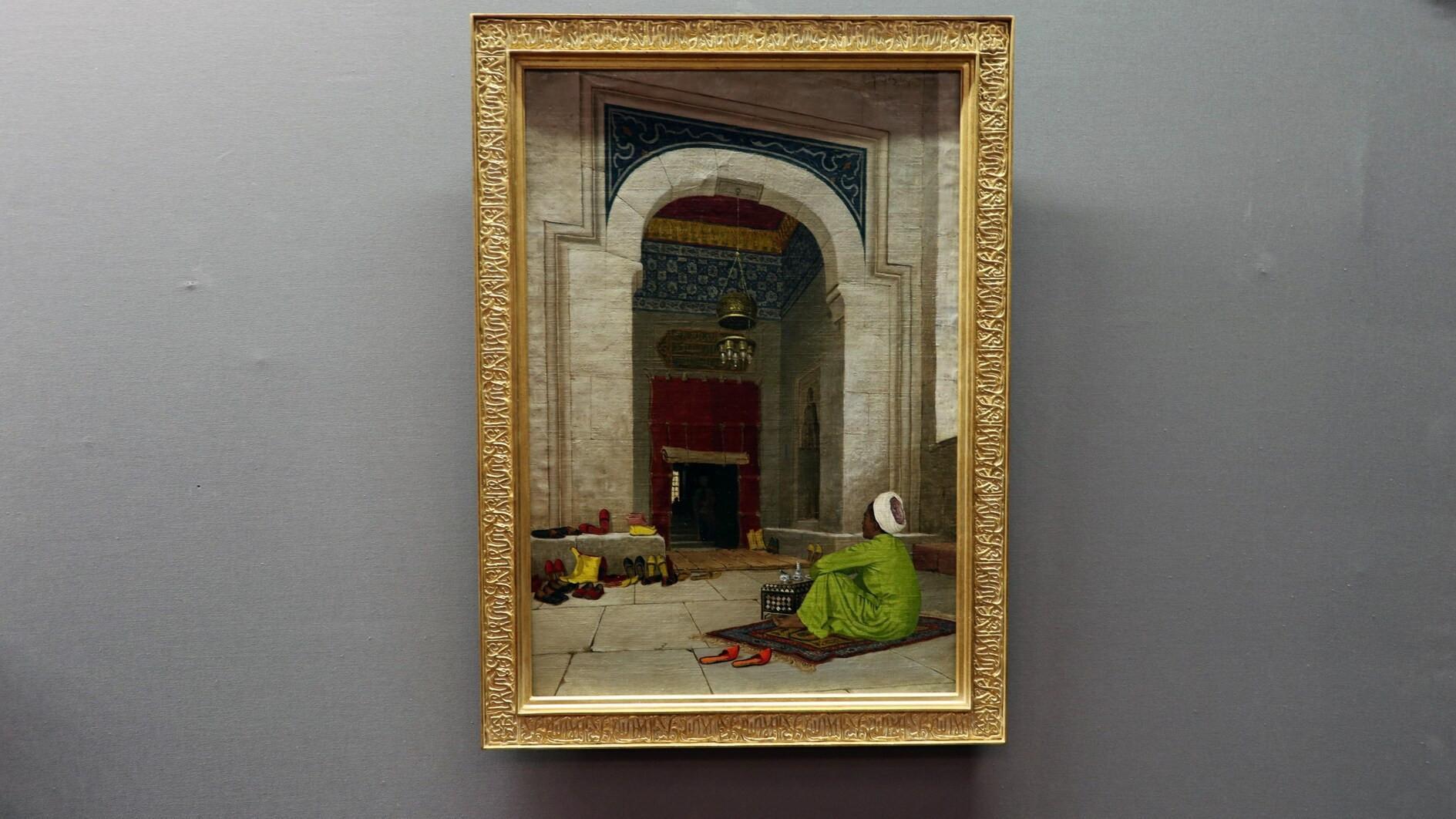Al-Assad will not let go of this process easily
The Syrian crisis is changing in shape and the dimensions of the matter are expanding. The United Nations is becoming involved. Trenches are being dug on both sides. A chief actor in all these developments is Ankara. It is redirecting international developments; it is increasing pressure. It is threatening Bashar al-Assad with “a possible military intervention.” It is increasing its profile in the region.
When viewed from Turkey’s angle, these developments have one positive and one negative side.
The positive side is that we have seen that the Syrian issue will not be left for us alone to shoulder. Especially in the wake of the ever increasing number of refugees, by getting the U.N. involved, both the legitimacy of a possible intervention in the future is being increased and a platform to provide financial support is being constructed. The international dimension of the crisis is expanding. More countries are getting involved and more voices are being raised.
This situation also has some negative aspects. More than anything else, the process is lengthening, and Ankara did not want that. It was expecting al-Assad to step down as soon as possible and preferred – even expected – the relationship to get back on track.
It did not happen, calculations went wrong.
Al-Assad was immediately able to gain Iran’s backing. This strengthened the alliance it had with Russia and China in the U.N. against Washington and Paris. Domestically, he used weapons and oppressed the opposition. He took advantage of both the fragmented nature of the opposition forces and also the wish of the West to gain time and its reluctance to strike as hard as they did in Libya. Thus, he has been able to stop the uprising to a certain extent.
Nobody knows what will happen tomorrow. The regime may not be able to withstand and might lose sooner or later. But, right now, al-Assad is in a solid position. Nobody is able to calculate how many years this crisis might last.
Al-Assad will prolong this crisis for as long as possible. He will pay for some of the bill, while the rest will be paid by his society.
Nobody can instigate Turkey
I’m listening to our commentators, I review columnists and I see that everybody is frantic.
In particular, articles appearing in the international press on Syria are being referred to. Articles that say Turkey should intervene in Syria are being mentioned. Reports issued by nongovernmental organizations and their views are being related. After referring to these, there is a constant call to “Beware and not be instigated.”
This line of thinking is not new. Also in the past we used to claim that decisions made by the leaders of this country were always influenced by external powers. I was also among those who suspected that we were influenced by foreigners and external factors. We have experienced many examples that would confirm this approach.
But the world has changed now. Turkey has changed.
Now, today, we should not think that those who decide on policies in Ankara are reviewing articles here and there, saying: “Look what the French and British press are saying…” and changing their stance accordingly.
We are being unfair to ourselves.
What we should be careful about and what we should beware are not foreigners, but our own selves.
Nobody can instigate us, only ourselves. As a matter of fact, isn’t this the real danger anyway?










